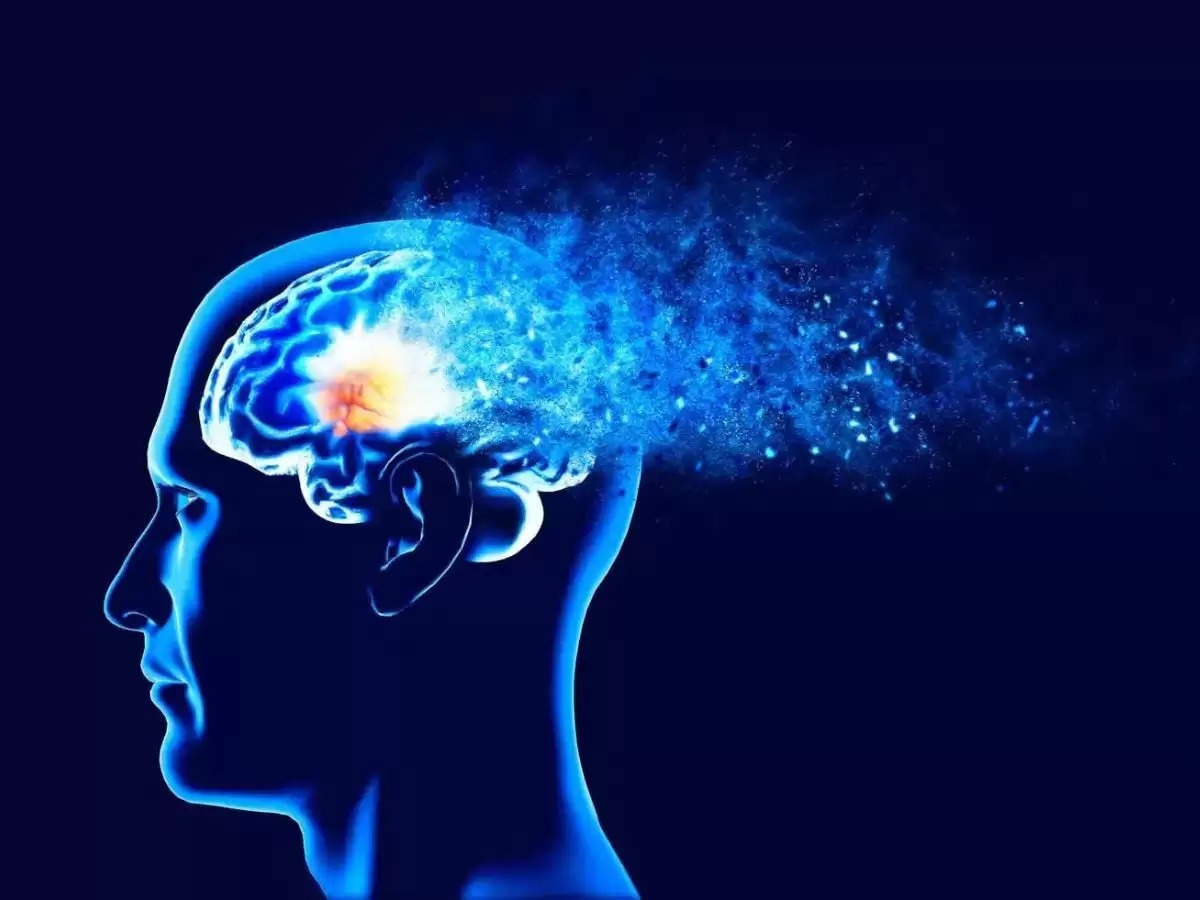Alzheimer's disease is a disease in which a person's memory starts to decline after a certain age. The patient suffering from this disease often forgets things after keeping them. It is also known as 'dementia'. Doctors say that with increasing age, brain cells gradually start to decrease, which leads to Alzheimer's problem.
Giving more information about Alzheimer's disease, Dr. Bhavya Saxena, Pathologist Consultant at Metropolis Healthcare Limited, said that Alzheimer's disease is a disease that damages mental health, and affects the daily activities of people. If we look at the studies of 2023, Alzheimer's disease affects about 7.4 percent of adults above the age of 60 in India. Of the 55 million people suffering from dementia globally, an estimated 60 to 70 percent suffer from some form of dementia.
What happens in the brain?
Dr. Bhavya Saxena told that there are some changes in the brain in Alzheimer's. In such a situation, protein starts accumulating in the brain, due to which the brain starts shrinking. If it is not treated in time, the brain cells die and its serious consequences are seen. Dr. Bhavya told that in its initial stage, symptoms like confusion, loss of memory, difficulty in completing work, changes in vision, problems in speaking or writing and amnesia are seen. With time, serious consequences of these symptoms are seen.
Dehydration and infection problems
Doctors issued advice saying that it is important to treat Alzheimer's disease before it becomes serious. The doctor said that Alzheimer's can cause dehydration and infection problems along with hindering the functioning of the brain, which can also lead to death. There are many medicines available in the market, which work to slow down its symptoms and its growth rate. It can also be avoided by changing lifestyle. For this, it is very important to keep blood pressure and sugar under control. All these changes can help reduce the risk of Alzheimer's. Let us tell you that Alzheimer's disease is considered a form of dementia. It affects those parts of the brain, which causes trouble in speaking and thinking.
 look news india
look news india
